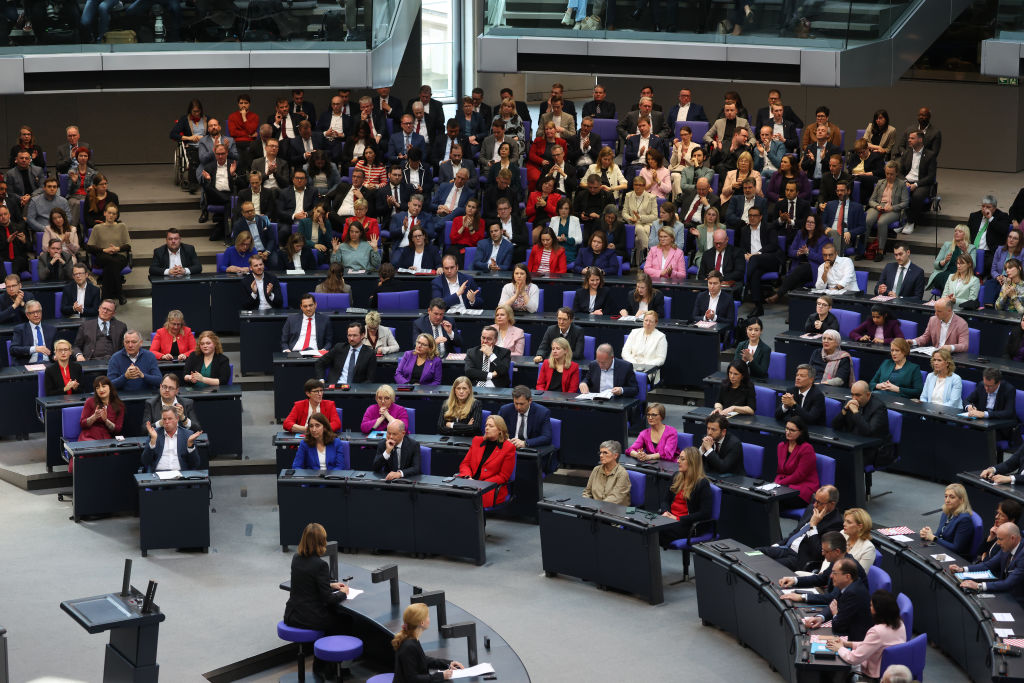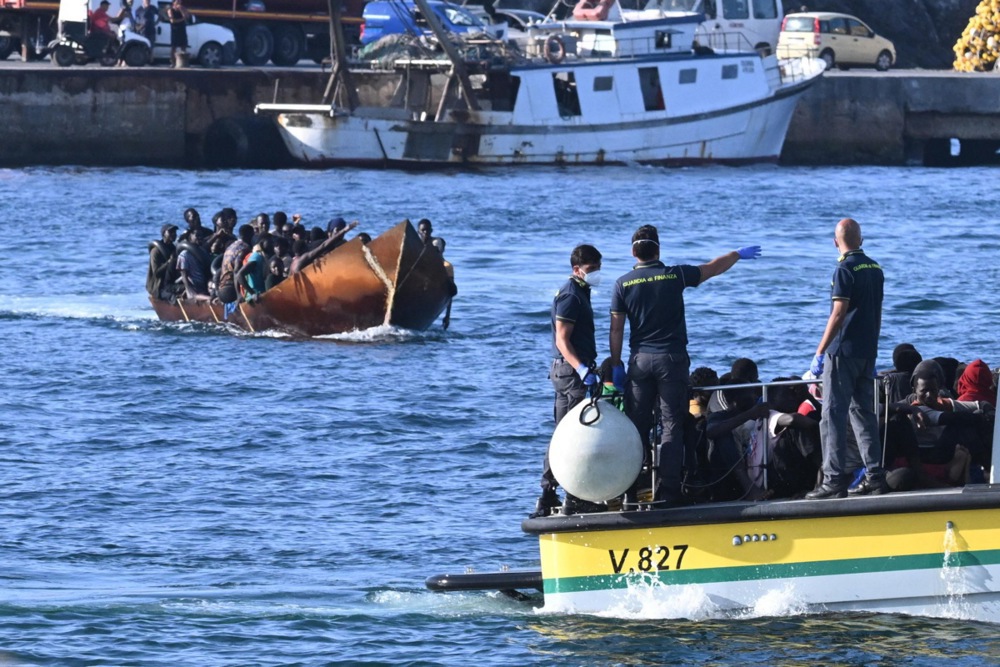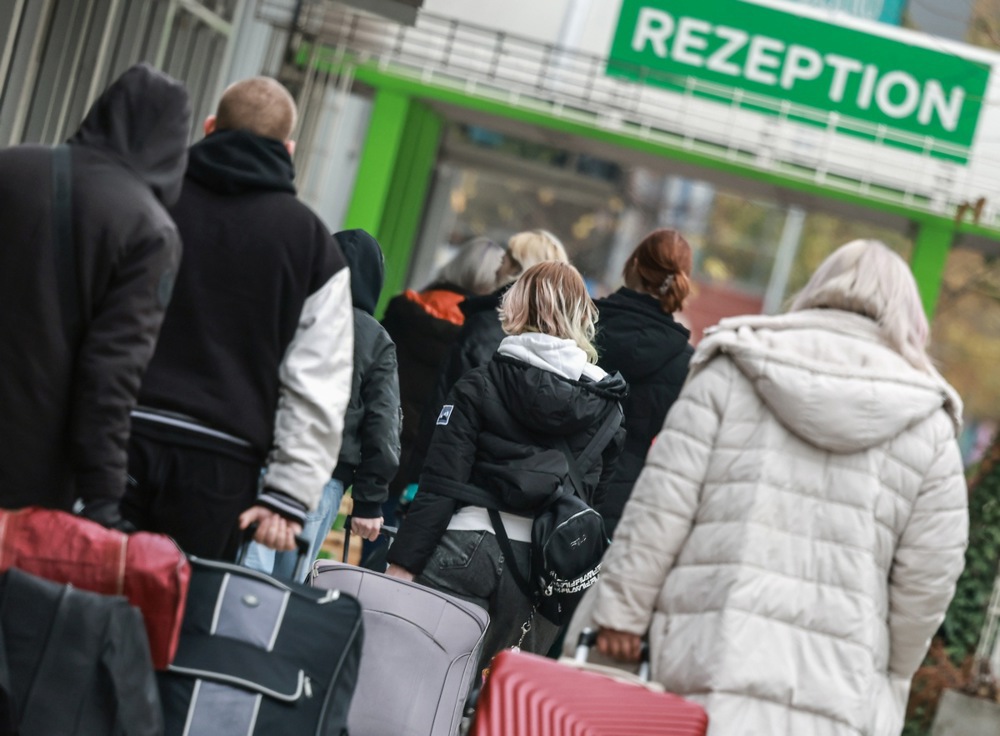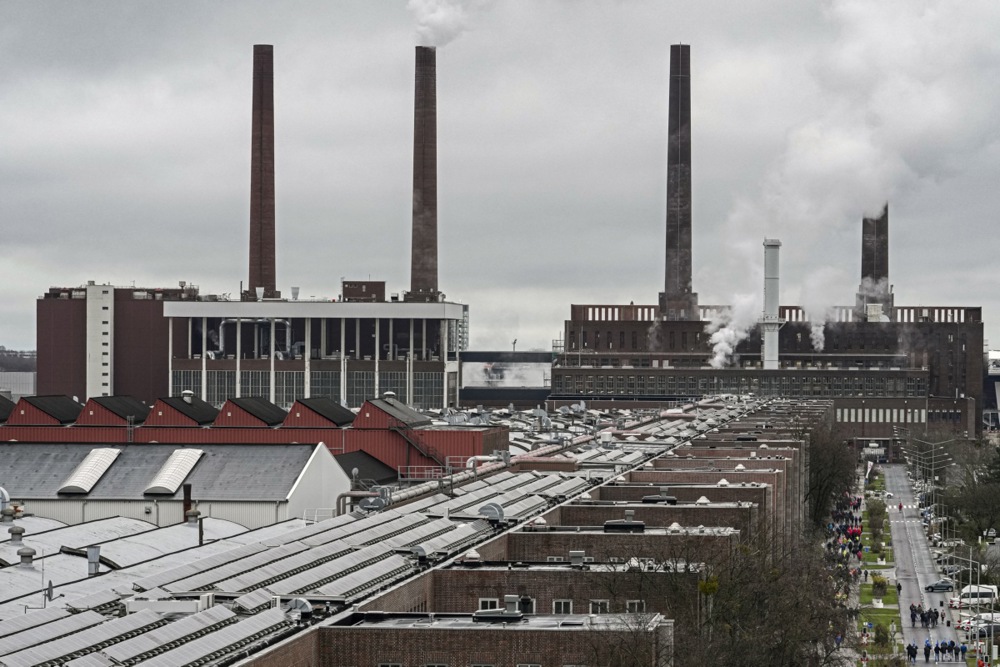German police have arrested members of the so-called “Kingdom of Germany” group, accusing them of wanting to overthrow the government.
Newly appointed interior minister Alexander Dobrindt, a Christian Democrat, banned the group, part of the Reichsbürger movement, leading to an immediate series of raids carried out since the early morning hours of May 13.
Reichsbürger (Citizens of the Reich) adherents do not recognise Germany’s post-Second World War Federal Republic as a legitimate state, and the Kingdom of Germany organisation (or “Königreich Deutschland”) has instead sought to install a king.
According to Germany’s Interior Ministry, it is the “largest association of the Reichsbürger scene”, and rapidly growing.
The German government said that “the purpose and activities of the association run counter to criminal laws and are directed against the constitutional order”.
Numerous affiliated organisations are also affected by the ban, according to a government statement.
The series of arrests was the result of close coordination between the Federal Office for the Protection of the Constitution, other federal agencies, and state governments.
In the lead-up, all relevant security and law enforcement bodies carried out extensive investigations and joint assessments, added the Interior Ministry.
Dobrindt described the actions of May 13 as a “significant blow against the so-called Reichsbürger”.
He said they wanted to form a “counter-state” within Germany and deliberately “built up white-collar criminal structures”, seeking to undermine “the legal system and the monopoly on the use of force in the Federal Republic”.
“In doing so, they underpin their supposed claim to power with anti-Semitic conspiracy narratives.”
Police raids across the country targeted the properties of the association as well as private apartments of leading members. They took place in Baden-Württemberg, Lower Saxony, North Rhine-Westphalia, Rhineland-Palatinate, Saxony, Saxony-Anhalt, and Thuringia.
Most notably, the police arrested Peter Fitzek, the self-proclaimed king of the group.
Fitzek was arrested together with three other alleged ringleaders of the organisation, which is classified as a criminal organisation.
Fitzek, as the “so-called supreme sovereign,” had “control and decision-making power in all essential areas,” the prosecutor said.
The “Kingdom of Germany” was established by Fitzek in 2012.





